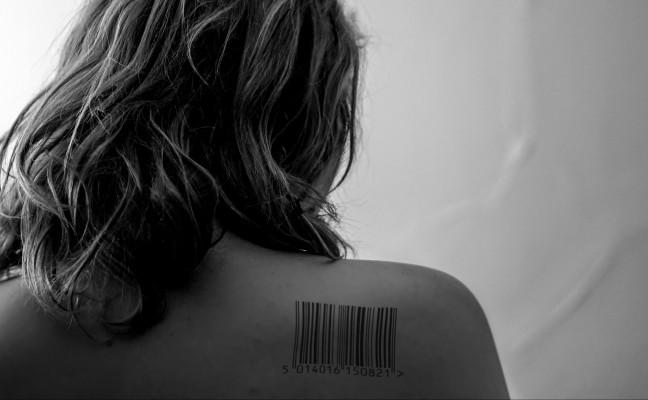More than 100 Wisconsin professionals including nurses, doctors, police officers, public defenders and counselors have come together as part of a program to combat child sex trafficking in Wisconsin.
The Wisconsin Anti-Human Trafficking Program, created by the Wisconsin Department of Children and Families, is a program made up of five different workgroups and a task force that has a goal of developing a “more comprehensive, trauma-informed, victim-centered approach” for addressing and preventing child sex trafficking, Joe Scialfa, Department of Children and Families spokesperson, said in an email to The Badger Herald.
The Wisconsin program was created to fulfill the 2014 federal Preventing Sex Trafficking and Strengthening Families Act. Rep. Jill Billings, D-La Crosse, said this act has helped to bolster the efforts of the Wisconsin Department of Children and Families, as well as legislative efforts to address child sex trafficking, by offering grant money and aid to victims.
Human trafficking is the second largest and fastest growing illegal business in the U.S., Jennifer Yates, Children’s Hospital of Wisconsin certified family nurse practitioner and task force member, said. Additionally, Wisconsin is not immune to the crime.
Rep. Janel Brandtjen, R-Menomonee Falls, said child sex trafficking is seen around the state, but Milwaukee in particular has “become a hub” for child sex trafficking, with the third highest number of children rescued in the nation in 2015. She said as a female legislator, mom and wife, she is in absolute disbelief about the “child slavery” happening in Wisconsin.
“It’s one of the most heartbreaking situations that is growing as an underground business in Milwaukee,” Brandtjen said.
Brandtjen said though Gov. Scott Walker put $2 million toward funding in the Wisconsin Department of Children and Families to help child sex trafficking, the state has not yet scratched the surface of what needs to be done to address this issue.
Child sex trafficking is defined as knowingly recruiting, harboring, transporting, providing or obtaining someone under 18 for a commercial sex act or sexual exploitation, Yates said. Some children are abducted and taken into the illegal business, but it is more common for children to lured in by traffickers.
If a child has an unsupportive family, deals with abuse or needs food or resources, it is easier for them to be targeted, Yates said. It is also important to note that children who are being sex trafficked are not prostitutes, they are being exploited, Yates added. She said many children see themselves as criminals, rather than victims, and will not seek help.
Right now, children can be charged for prostitution if they are being sex trafficked, Billings said. In the next legislative session, Billings said she wants to introduce a bill that prevents this and ensures children are treated as victims.
Scialfa said as part of the anti-trafficking program, there are five workgroups that will each develop specific action plans and provide recommendations to the state. The workgroups’ focuses are training, prevention and public awareness, screening and identification, data and research and placement and services.
The training workgroup will develop common training materials for all systems that could interact with survivors including teachers, law enforcement, health professionals, foster parents and legal professionals.
The identification and screening workgroup aims to help professionals better identify potential victims of trafficking, Yates said. The other programs will spread awareness to communities, collect data about programs and policies and improve treatment options.
Yates said Wisconsin already has many different programs in place that work to address child sex trafficking, but the goal is to strengthen them.
“We don’t want to take the place of existing local organizations — we want to support and enhance their work,” Yates said.
An important step of the placement and services workgroup is taking a survey to assess all of the programs that Wisconsin already has in place, Claudine O’Leary, Rethink Resources founder and placement and services workgroup member, said. This way, the workgroup can determine areas that are already effective and areas where there is a need for new programs.
O’Leary said she sees the task force and work groups as an opportunity for the right people to come together and determine the best way to address the issue of child sex trafficking.
“It feels good when you’re able to just help one person; however, sometimes you start to notice trends and … if maybe we were doing things, just as a practice, a little bit differently, that it would improve the lives of many, many children,” O’Leary said.
The recommendations from the work groups will be used by the Department of Children and Families and the Department of Justice as ideas for how to develop comprehensive services in the future. Scialfa said some ideas may be in place in early 2017.


